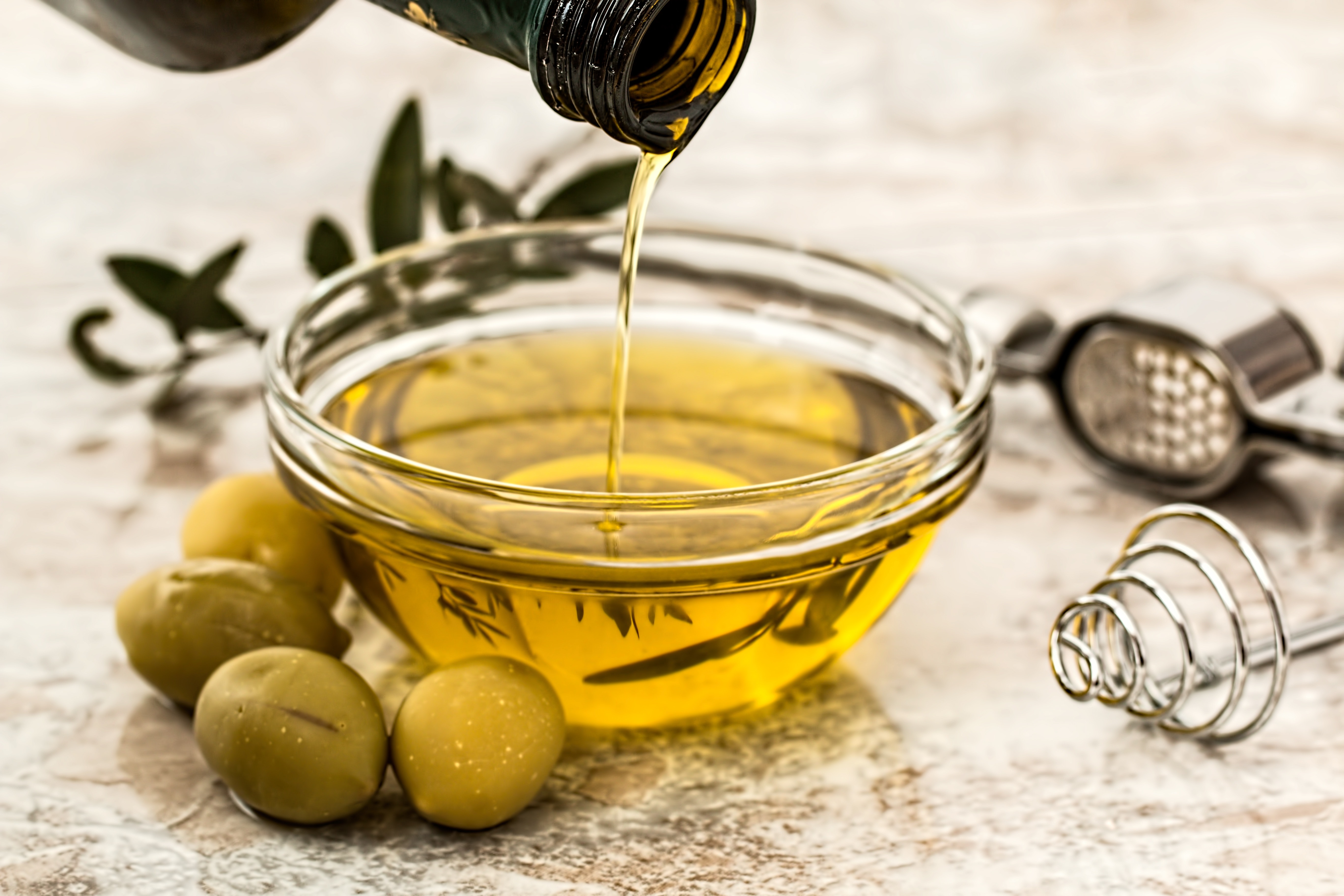Heart & Cardiovascular
High Cholesterol (Hypercholesterolemia)
By S.I. (staff writer) , published on August 19, 2022

Medicine Telehealth Health cardiovascular exercise
Cholesterol is a waxy substance that is found in your bloodstream. There are two types of cholesterol:
- High-density lipoprotein (HDL)
- Low-density lipoprotein (LDL)
Although your body requires HDL cholesterol to build healthy cells, high levels of LDL cholesterol can increase your risk of heart disease.
High cholesterol might cause fatty deposits in your blood vessels. These deposits eventually accumulate, making it harder for adequate blood to circulate through your arteries. These deposits can rupture unexpectedly and create a clot, resulting in a heart attack or stroke.
High cholesterol is a fairly prevalent problem in the United States. According to the Centers for Disease Control and Prevention (CDC), almost 94 million U.S. individuals aged 20 and up have borderline high cholesterol [1].
Symptoms of High Cholesterol:
High cholesterol levels usually present with no symptoms. The only way to find out if you have high cholesterol is through a blood test. High cholesterol levels progress to deadly diseases silently. Many people are unaware they have high cholesterol until they have catastrophic consequences, such as a heart attack or stroke [2].
Causes of High Cholesterol:
Following are some common causes of high cholesterol levels [3]:
- Diet: The liver manufactures cholesterol, but you can also obtain it from the diet. Eating too many high-fat foods can raise your cholesterol level.
- Obesity and Lack of Exercise: High cholesterol is also caused by being overweight and inactive. Overweight people are more prone to have high triglyceride levels. If you never exercise and are inactive in general, your HDL (good cholesterol) levels may suffer.
- Family History: Your cholesterol level is also influenced by your family history. According to studies, high cholesterol runs in families. You could get it if you have an immediate family member who has it [4].
- Smoking: High cholesterol is also caused by smoking since it reduces your HDL (good cholesterol) levels.
Complications of High Cholesterol:
High cholesterol, if left untreated, can cause plaque formation in your arteries. This plaque might constrict your arteries over time. This is referred to as atherosclerosis.
Atherosclerosis is a dangerous condition. It has the potential to reduce blood flow via your arteries. It also increases your chances of getting serious blood clots.
Atherosclerosis can lead to a variety of life-threatening consequences, including [5]:
- Heart attack
- Angina, or chest pain
- Stroke
- CKD (chronic kidney disease)
- Hypertension (high blood pressure)
- Peripheral vascular disease
- High cholesterol can also cause a bile imbalance, increasing your chances of developing gallstones.
Treatment of High Cholesterol:
If you have high cholesterol, you may need to make some lifestyle modifications.
This might include [6]:
1. Diet Modification
A healthy cholesterol level can be achieved through a proper diet. This proper diet includes limiting your intake of fatty food and instead choosing lean sources of protein like fish and chicken as well as opting for food with fibers like vegetables and whole grains.
2. Exercise
Regular exercise can not only help you maintain your weight but also maintain a healthy cholesterol level.
3. Medications
Depending on your condition, your doctor may also prescribe you medications to lower your cholesterol levels. These medications might include statins, niacin, bile acids, resins, and cholesterol absorption inhibitors like ezetimibe, and PCSK9 inhibitors, such as evolocumab and alirocumab.
4. Home Remedies
Certain natural Herbs and nutrition supplements can lower your cholesterol levels, these include garlic, red yeast rice, ground flaxseed, hawthorn, astragalus, etc.
Before taking any herbal or nutritional supplements, consult your doctor. In some situations, they may interact with other medications you are taking.
References:
- https://www.cdc.gov/cholesterol/facts.htm
- https://www.ncbi.nlm.nih.gov/books/NBK459188/
- https://www.ncbi.nlm.nih.gov/books/NBK459188/#:~:text=However%2C%20the%20commonest%20cause%20is,saturated%20and%20trans%2Dfatty%20acids.
- https://www.genome.gov/Genetic-Disorders/Familial-Hypercholesterolemia#al-3
- https://www.nejm.org/doi/full/10.1056/nejm199708213370802
- https://www.ncbi.nlm.nih.gov/pmc/articles/PMC5187606/#:~:text=Hyperlipidemia%20treatments%20include%20diet%20and,a%20number%20of%20perioperative%20outcomes.
Find articles related to: Medicine Telehealth Health cardiovascular exercise
More articles about Heart & Cardiovascular
Back to the Health Tips Index




